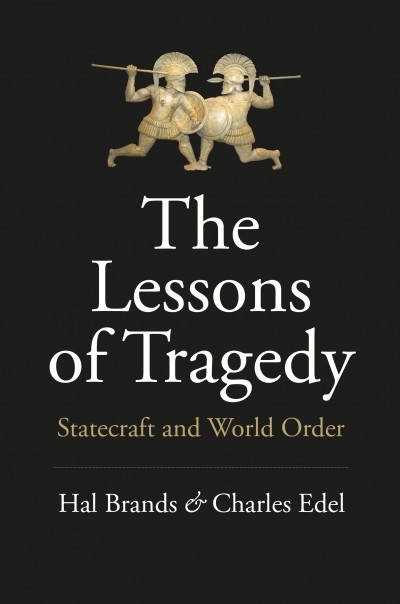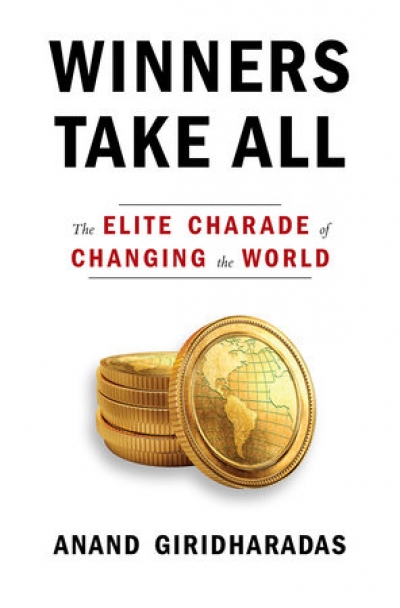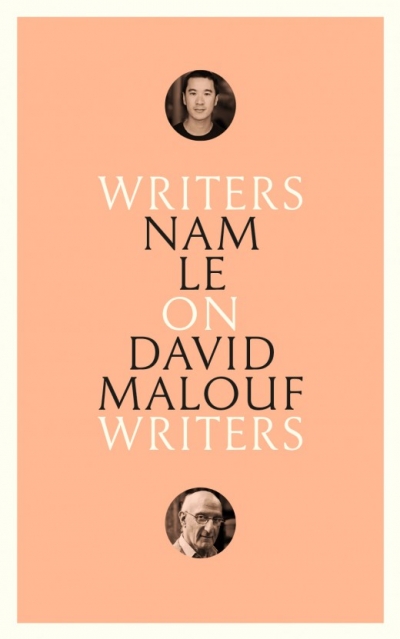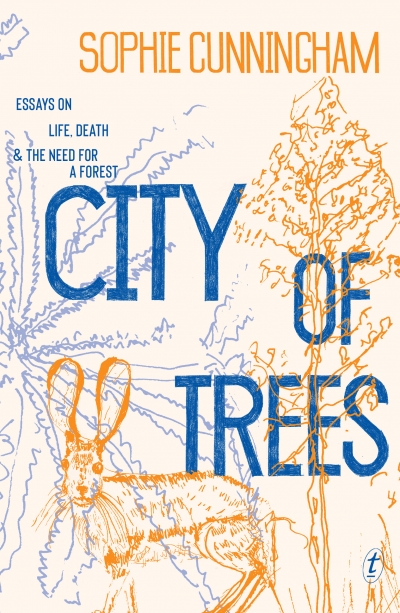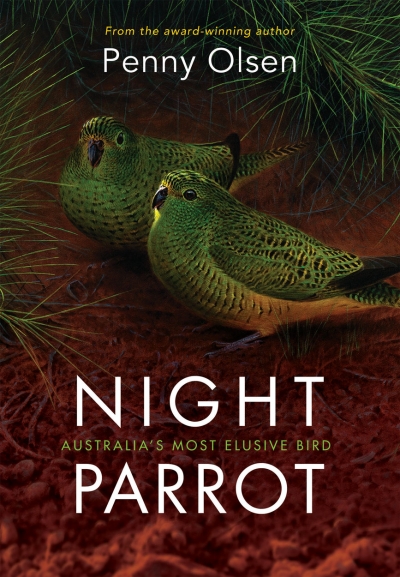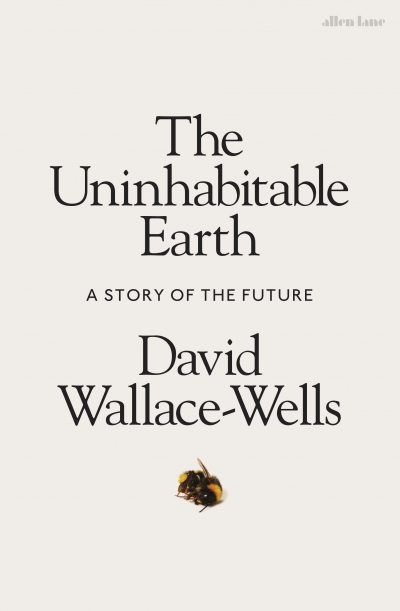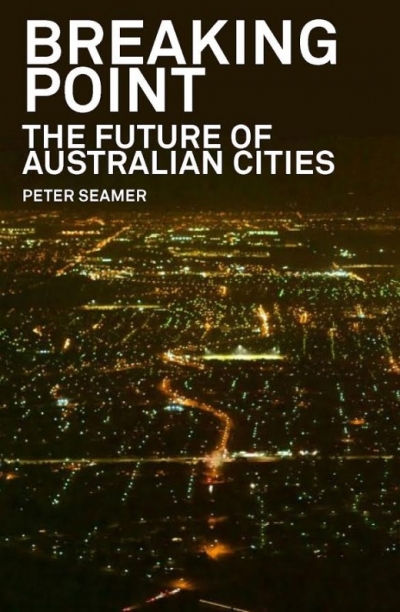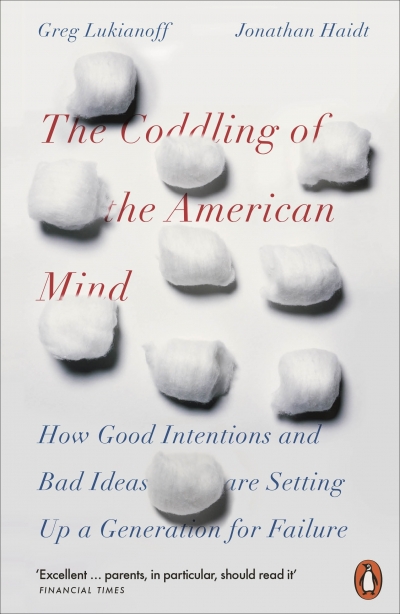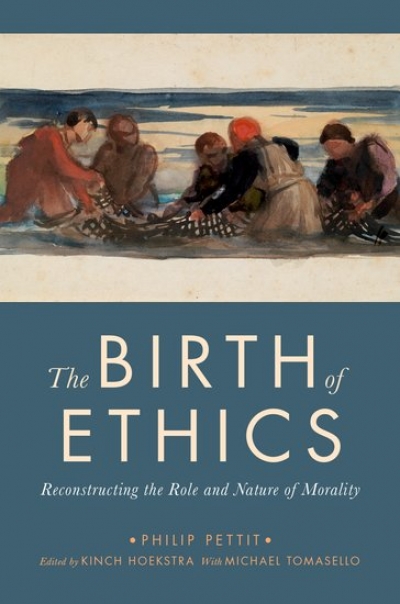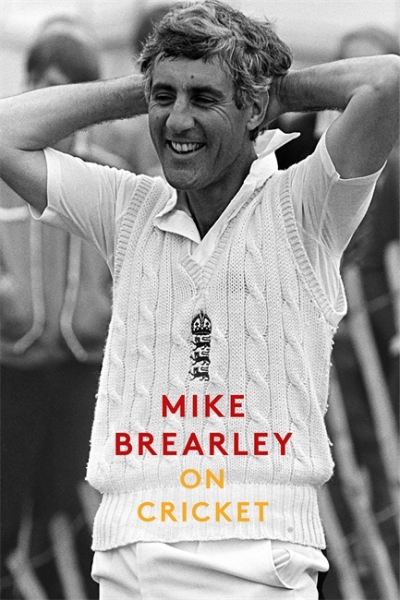Non Fiction
The Lessons of Tragedy: Statecraft and world order by Hal Brands and Charles Edel
'History repeats itself,’ Karl Marx wrote presciently in The Eighteenth Brumaire of Louis Napoleon. ‘The first time as tragedy, the second time as farce.’ The central themes of Hal Brands and Charles Edel’s The Lessons of Tragedy are clear. In the developed world, we are complacent about world order, democracy, and civil society ...
... (read more)Winners Take All: The elite charade of changing the world by Anand Giridharadas
From McKinsey analyst to honoured author, New York Times correspondent, familiar face on MSNBC. Awarded a prestigious Henry Crown Fellowship at Aspen, invited onto private planes amid discussion of drinking-water projects in Kenya and improved farm supply chains in India. Not one but two TED talks ...
... (read more)For more than a decade the world has waited, patiently or disbelievingly, for a second book from Nam Le, author of The Boat (2008), a collection of seven tales that won the young Australian author acclaim throughout the world. Finally, it has arrived. A book-length essay running to about 15,000 words ...
... (read more)City of Trees: Essays on life, death and the need for a forest by Sophie Cunningham
When Peter Tompkins and Christopher Bird wrote The Secret Life of Plants (1975), many critics labelled their attempt to prove a spiritual link between people and plants as mystical gibberish, with a New York Times review chiding the authors for pandering to charlatans and amateur psychics ...
... (read more)Night Parrot by Penny Olsen is more than a biography of a bird that spent most of the twentieth century successfully hiding from people. It is a historical biography of human determination and obsession, and of the ways in which this bird has acted as a catalyst for transitions between those two psychological states ...
... (read more)The Uninhabitable Earth: A story of the future by David Wallace-Wells
Be afraid. ‘The Uninhabitable Earth’, the viral article published in New York magazine (2017) that was both fêted and scorned for its visceral bluntness, has grown out and up. A scary, 7,000-word portrait of a near-future Earth razed by climate change has matured into a deeper, darker treatise on ...
... (read more)In Breaking Point: The future of Australian cities, Peter Seamer quotes satirist H.L. Mencken: ‘There is always an easy solution to every human problem – neat, plausible, and wrong.’ Seamer, a former CEO of the Victorian Planning Authority, Federation Square, and the City of Sydney ...
... (read more)The Coddling of the American Mind by Greg Lukianoff and Jonathan Haidt
In 1987, Allan Bloom published his best-selling book, The Closing of the American Mind. The American mind must have remained sufficiently open to allow it, three decades hence, to be coddled. The mind that is being closed or coddled is, in the first instance, the young adult ...
... (read more)The Birth of Ethics: Reconstructing the role and nature of morality by Philip Pettit, edited by Kinch Hoekstra with Michael Tomasello
The Birth of Ethics is a remarkably ambitious and innovative work by one of Australia’s most eminent philosophers. It is the full-length statement of an argument originally set out in Philip Pettit’s 2015 Berkeley Tanner Lectures on Human Values. The aim of the book is to ‘offer an account of ethics …
... (read more)The first words I ever read by Mike Brearley were in my first Wisden Cricketers’ Almanack, the 1976 edition: they were a tribute to his long-time teammate at Middlesex, wicketkeeper John Murray. The tone was warm, generous, and largely conventional, with a single shaft of ...
... (read more)

